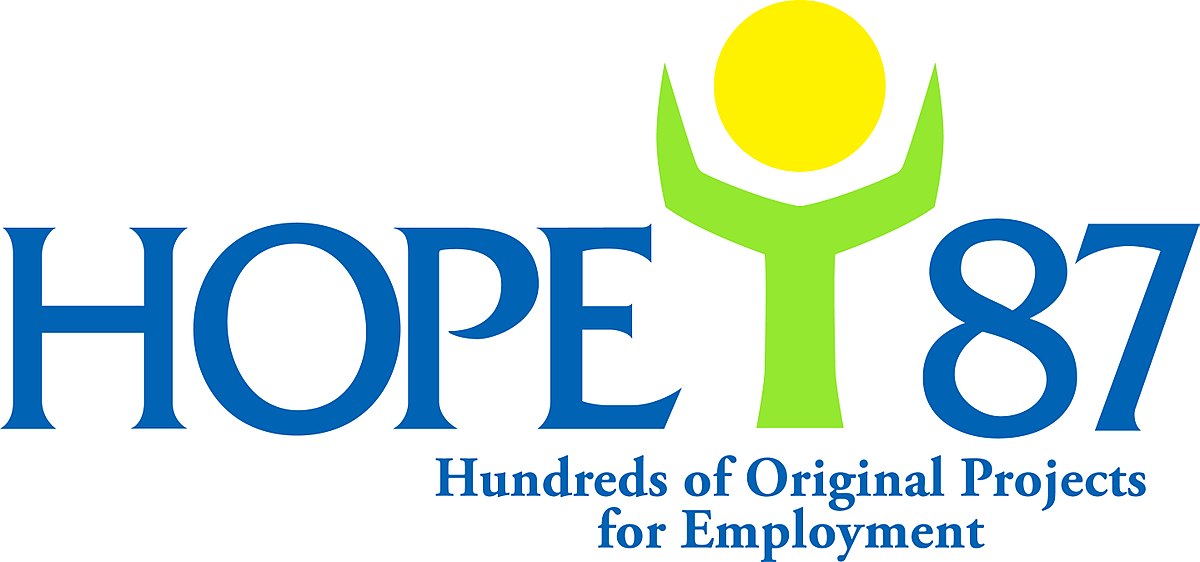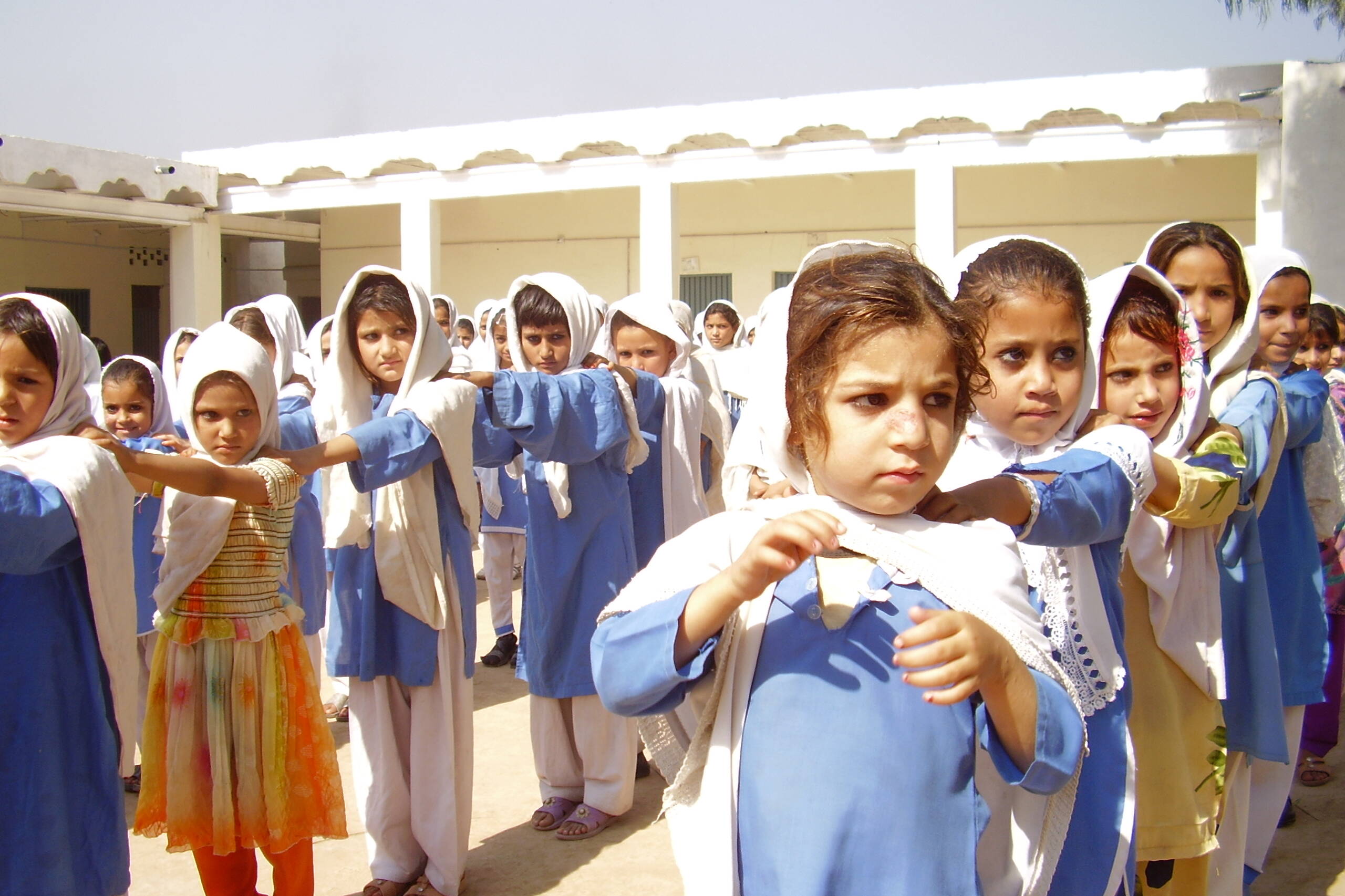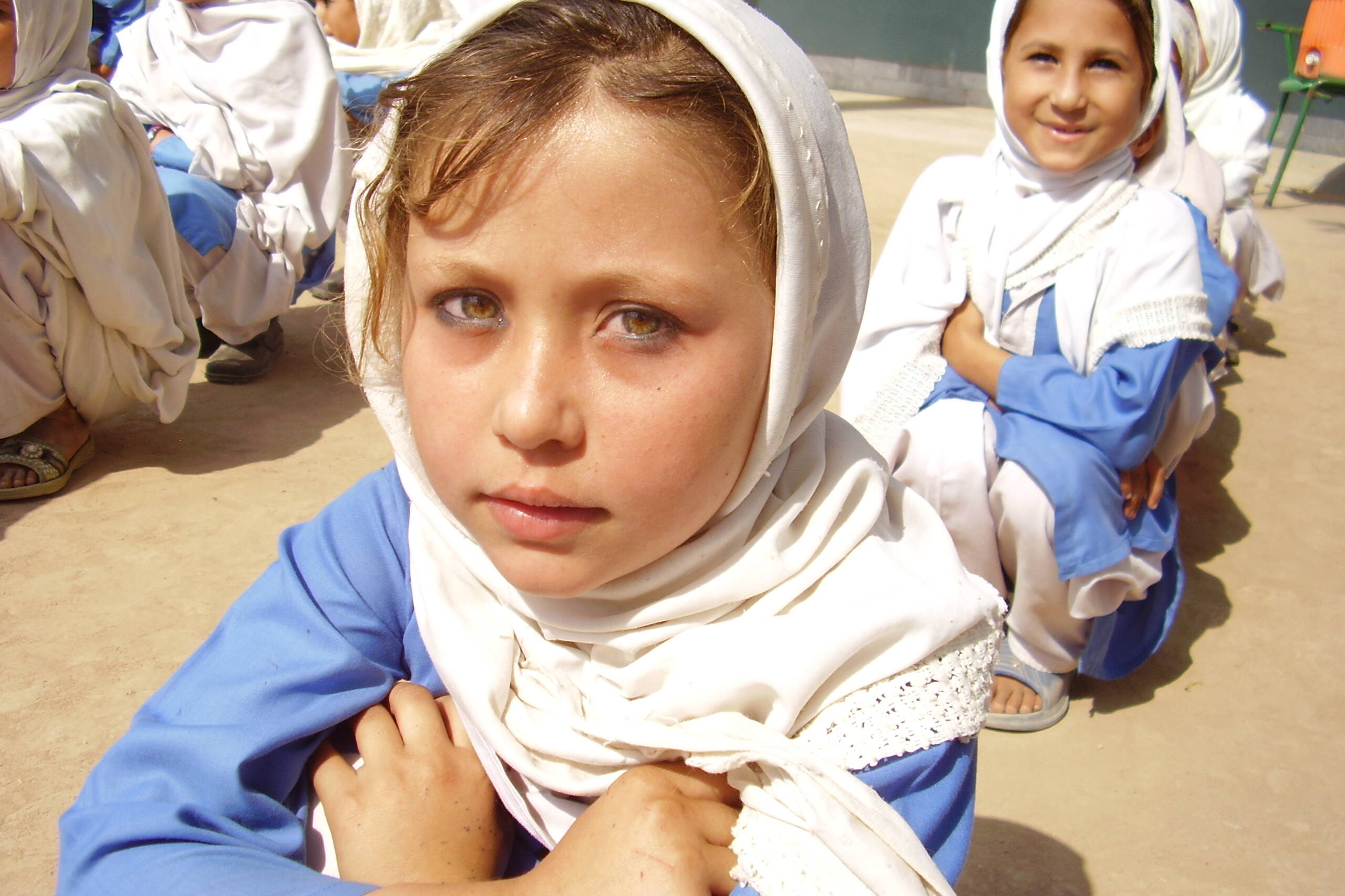Institutionalising disaster preparedness in the education system in Pakistan
In line with the DRR (Disaster Risk Reduction) strategy of HOPE’87, this intervention aimed to enhance the Disaster Preparedness capacity of both the Khyber Pakhtunkhwa Education Department (KP ED) responsible for devising, implementing and evaluating policies for schools and colleges up to grade 12 and on the other hand of district education authorities and local schools, which are responsible for training and teaching of DRR curriculum, co-curricular activities and school safety planning.
With a range of capacity building activities, a comprehensive DRR approach based on the KP ED draft DRR policy and Ahmedabad Action Agenda for School Safety was promoted. This approach included:
1) integration of Disaster Risk Reduction (DRR) in the formal curriculum together with necessary tools (School Safety and School Improvement Plans, structures, curricula etc.);
2) teacher and student led school safety planning to promote DRR related activities;
3) Supporting the KP Education Department and local structures to undertake school-based disaster preparedness (SBDP).
The action suggested policy level support and capacity building of education institutions for the adoption of Disaster Preparedness trainings, the integration of DRR and school safety in annual School Improvement Plans (SIP) as well as linkages to the available resources or local development initiatives. Through the reinforcement of local capacities, institutionalisation of School-Based Disaster Preparedness (SBDP) processes at the provincial and district Education Departments were achieved from within the system. Replication were ensured through policy level interventions for integration of the DRR curriculum including the necessary planning and budgetary approvals and district level implementation for teacher trainings, teaching of DRR curriculum as a compulsory subject and safety planning.
Building upon HOPE’87’s previous DIPECHO action that primed the Education Department for province wide integration of DRR, this intervention needed a slightly different approach for each of the two selected districts. In Chitral, the district education authorities were better capacitated for expansion and a pool of trained teachers was already available whereas the Malakand district education authorities needed more efforts for capacity building. The teacher training institutes at both the districts needed similar level of support.
In partnership with the KP Education Ministry, UN agencies, I/NGO, DIPECHO partners the commonly agreed SBDP model was evolved. The advocacy workshops with wide participation at district, provincial and national level (jointly with DIPECHO partners) facilitated sharing of information and synergising efforts.
Project Background:
Pakistan is not only affected by political unrest and violent conflict, but is also regularly hit by natural disasters such as floods, earthquakes, landslides, droughts and cyclones. Hundreds of thousands of people have lost all their belongings and homes – many of them even their life – during these catastrophes in the last years. The resulting economic damage is enormous.
As a matter of fact, many of the dramatic consequences of these disasters can be traced back to shortcomings in disaster preparedness. There are many risk factors that can multiply the negative effects of disasters. These are for example bad construction techniques and no abiding of construction laws, weak or non-existent early warning systems, lack of awareness regarding natural disasters, weak capacities and lack of coordination among the responsible stakeholders. The ones that suffer most from the consequences are often already among the poorest of Pakistani society and children are especially affected. School children in rural areas are particularly exposed to the risks of natural disasters as preparedness activities, risk management and safe school construction are extremely neglected areas throughout the education system.
Project Type
Humanitarian Aid, Disaster prevention and preparedness
Project Duration
01/04/2013 to 30/09/2014
Status
Completed
Country
Pakistan
Region
Districts Chitral and Malakand in Khyber Pakhtunkhwa Province
Donor(s)
European Commission Humanitarian Office (ECHO), Austrian Development Cooperation (ADC), HOPE’87


